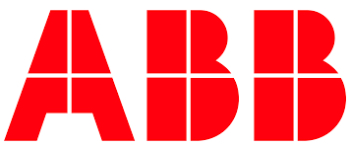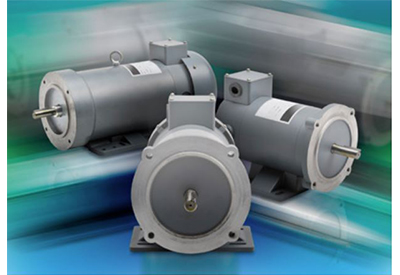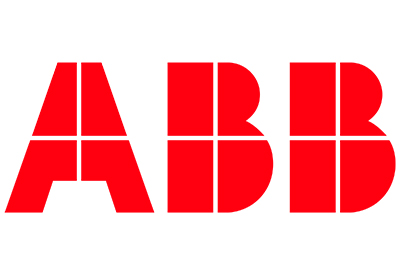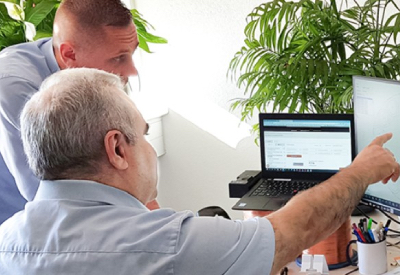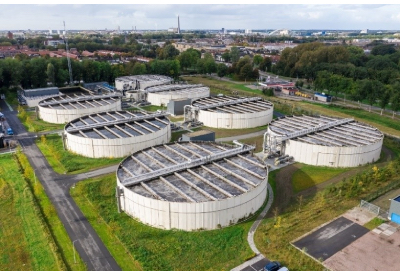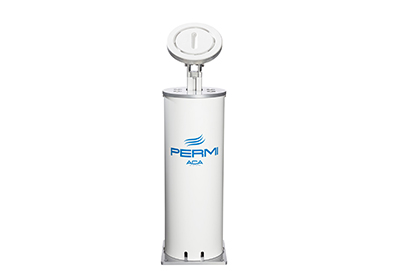ABB Publishes Sustainability Report 2021

March 15, 2022
ABB has released its Sustainability Report 2021, outlining the achievements of the company under the four pillars of its ambitious 2030 sustainability strategy.
- •Strong start to achieving 2030 goals of sustainability strategy
- •ABB cuts own CO2 emissions by 39% in 2021 vs. baseline year of 2019
- •ABB one of the first companies in its industry to disclose the eligibility of its offerings in new sustainability classification system “EU taxonomy”

“Sustainability is central to ABB’s company Purpose and to our ability to generate value for our stakeholders across the whole value chain,” said ABB CEO Björn Rosengren. “I am very pleased that in 2021 we got off to an excellent start in the pursuit of our ambitious targets we have set ourselves in our sustainability strategy 2030.”
ABB has become one of the first companies in its industry to disclose the eligibility of its offerings in the European Union’s new classification system for sustainable economic activities, known as “EU taxonomy”. The goal of the EU taxonomy is to create a clear definition of what is “sustainable” in order to drive investment in economic activities that contribute to the EU’s climate and energy targets and that support the European Green Deal.
We enable a low-carbon society
In the first year since the launch of ABB’s 2030 sustainability strategy, the company’s products, services and solutions have already enabled its customers to reduce their CO2-equivalent emissions by 11.5 megatons. ABB aims to support its customers to reduce their annual CO2-equivalent emissions by more than 100 megatons by 2030, which is equivalent to the annual emissions of 30 million combustion cars. ABB’s assessment methodology has been verified by a third party.

“We believe that technology holds the key to a sustainable future and to tackling climate change,” said Theodor Swedjemark, Chief Communications and Sustainability Officer. “While we are well on track to reach our goal of carbon neutrality in our own operations by 2030, the biggest impact though will be made through the leading technologies ABB provides to its customers.”
Among ABB’s technologies with the largest energy efficiency potential are high efficiency motors and drives. Found in a broad range of applications in industry and buildings, electric motors account for 45 percent of the world’s consumption of electricity, meaning that even small efficiency improvements offer the potential for huge energy savings. Swiss manufacturer of paper packaging Model Group, for example, reduced its energy consumption by nearly 900,000 kWh per year – equivalent to the power consumption of about 200 single-family homes by implementing new motors and drives from ABB.
In the past year, ABB made strong progress on its way towards reaching carbon neutrality in its own operations by 2030 as it reduced its CO2 emissions by 39 percent, compared with the baseline year of 2019.
ABB has committed to electrifying its entire vehicle fleet of more than 10,000 vehicles and sourcing 100 percent renewable electricity by 2030. In 2021, 44 percent of ABB’s global new vehicle orders were already for either electric vehicles or plug-in hybrid vehicles. The share of certified green and self-generated solar electricity increased to 51 percent, up from 31 percent in the previous year. More than 100 energy-efficiency projects were implemented across ABB, saving 17.5 GWh of energy.
With Beijing (China), Porvoo (Finland) and Ede (Netherlands), three additional ABB Mission to Zero™ sites were onboarded in 2021, all of which are running ABB digital and smart energy management solutions, underpinning the Group’s commitment to lead by example when it comes to reducing emissions.
We preserve resources
In December 2021, ABB also unveiled a new company-wide approach to circularity. By 2030, at least 80 percent of ABB’s products and solutions will be covered by this approach and evaluated against a clear set of key performance indicators, corresponding to each stage of the product lifecycle. In order to make its product design and sourcing processes more circular, ABB continued, for example, to implement a series of projects intended to identify fully renewable, recyclable or biodegradable resource inputs for our manufactured products.
In its own operations, ABB will send no waste to landfill, wherever this is compatible with local conditions and laws. Today, 40 percent of ABB’s around 440 sites around the world already send zero waste to landfill. One of them is ABB Smart Power’s low-voltage circuit breaker factory in Frosinone, Italy – a site recognized as a lighthouse plant by the Italian government – which achieved its goal of disposing zero production waste to landfill in 2020 – going ahead of the European Union’s Circular Economy Package target of no more than 10 percent landfilling by 2035.
We promote social progress
2021 was also a year in which ABB made strong progress in creating an even more diverse and inclusive working environment. The proportion of women in senior management positions increased to 16.3 percent, up from 13.5 percent in the previous year. In line with its Diversity and Inclusion Strategy 2030, ABB aims to increase this proportion to 25 percent. ABB introduced a new worldwide gender-neutral parental leave program, granting all ABB employees around the world 12 weeks of paid leave for primary caregivers and four weeks for second caregivers. The Group contributed also to social progress through more than 400 community-building initiatives, focused on education, diversity and inclusion and care in the community.
For the first time in ten years, ABB recorded no work-related fatalities in 2021. In addition, lost time from injuries was reduced by 44 percent, underlining the company’s efforts to continuously advance its world-class safety practices, an integral part of its sustainability ambitions.
We drive integrity and transparency
ABB is continuously strengthening its governance and integrity programs. Operating with integrity and transparency includes responsibly sourcing materials. To further strengthen sustainability in its supply chain, ABB has introduced the new “Sustainable Supply Base Management”, which covers all aspects of environmental, social and governance (ESG) performance. ABB’s target is to cover 80 percent of its supply spending in focus countries based on the new system by 2030.
ABB is also linking ESG targets to senior management incentive awards to meets its 2030 sustainability targets. The ESG “boundary condition” for 2021 was the setting of strategic and implementation plans outlining the key actions and activities required to reduce or compensate for GHG scope 1 and 2 emissions to achieve carbon neutrality in ABB’s own operations by 2030 (vs. a 2019 baseline). At the end of the year, the Board of Directors determined that the terms for this condition had been fully met.
The full Sustainability Report and further details on the 2030 sustainability strategy are available here


